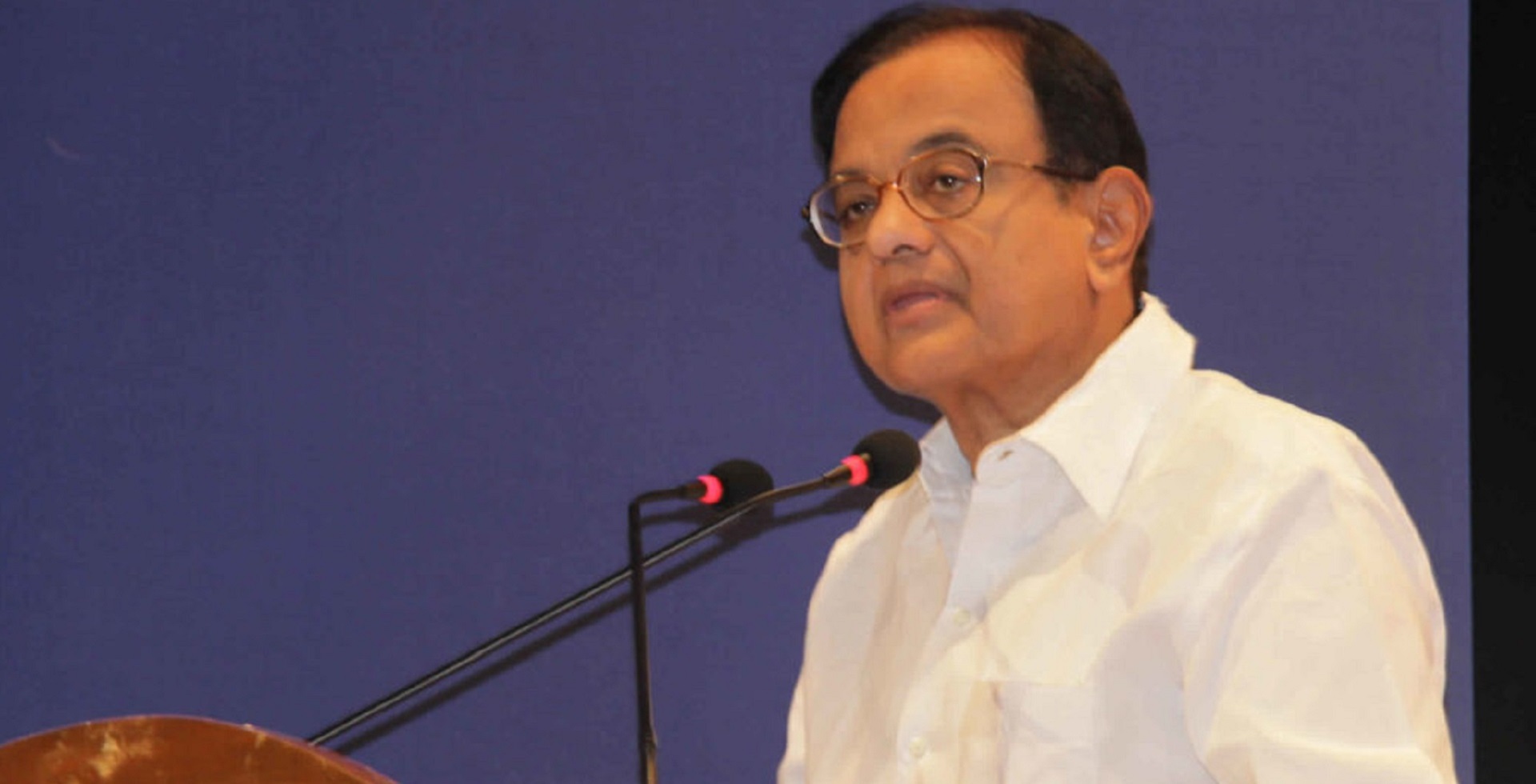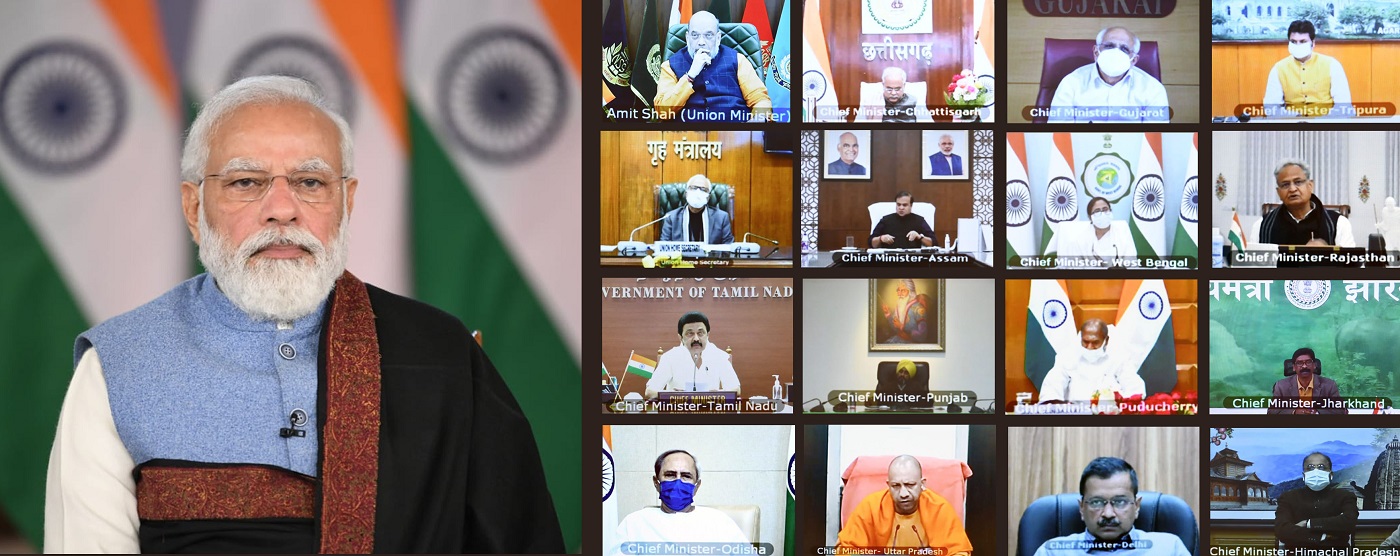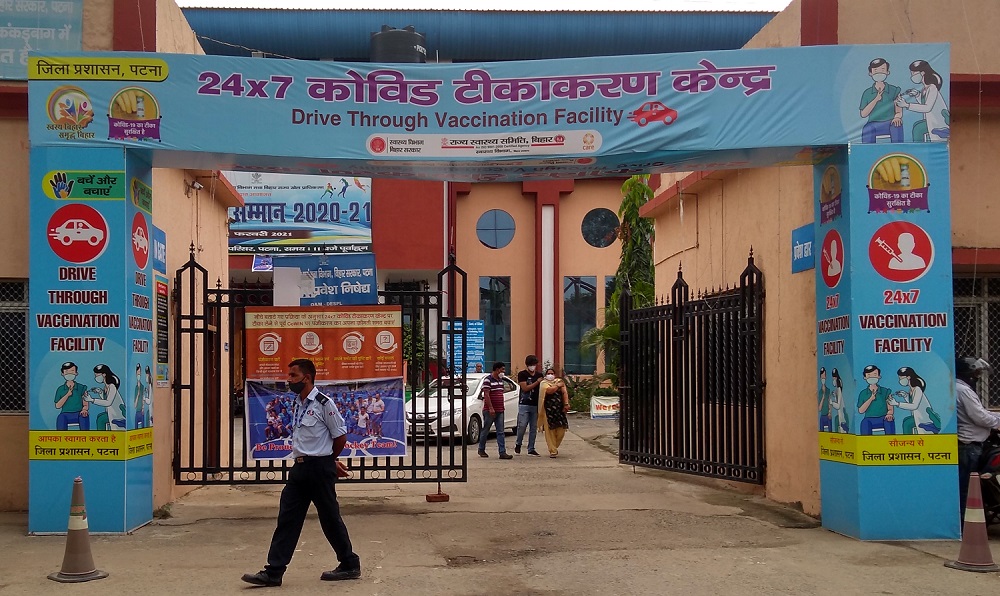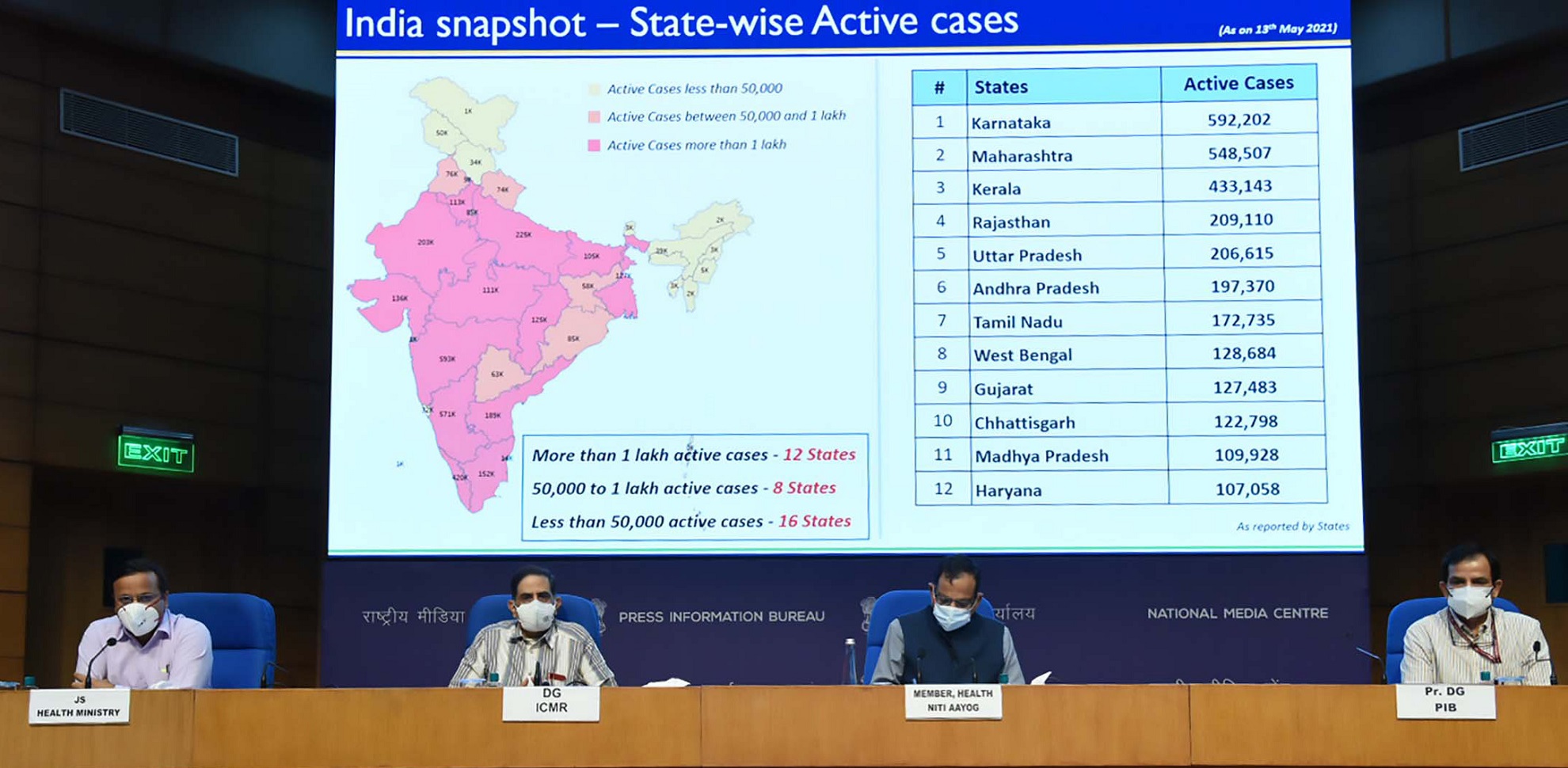10-Points Plan to help people overcome Corona lockdown crisis

By P Chidambaram
The prime minister’s announcement of a nationwide 21-day lockdown is a watershed moment in the battle against COVID-19. We should put behind us the debates that took place before March 24 and look upon the nationwide lockdown as the beginning of a new battle in which the people are the foot soldiers and the PM is the Commander. We owe a duty to extend our total support to the prime minister and the central and state governments.
#STAYHOMEINDIA is a great rally cry. But to #STAYHOMEINDIA, people will need money and food. We must think and plan not only for the next 21 days but for some weeks beyond the lockdown period. Besides, current employment and wages must be protected.
Here is a 10-point plan (without too much elaboration) which is intended to put cash and food immediately in the hands of the poor and the vulnerable. It is placed for the consideration of the government and for an immediate announcement of relief.
1. Farmers: Double the amount paid/payable under PM-KISAN (to Rs.12,000) and transfer the additional amount immediately to the bank account of each beneficiary.
2. Tenant Farmers: Bring tenant farmers under PM-KISAN. Take the lists from the state governments and transfer Rs 6000 + Rs 6000 (in two installments) to the bank account of each tenant farmer.
3. Take the list of registered MGNREGA workers and transfer a sum of Rs 3000 into the bank account of each beneficiary.
There will be some duplication despite the de-duplication efforts made by seeding Aadhaar in these accounts. There will be cases where the beneficiary received a double payment. There will be some mistakes. Does not matter. Even allowing for 15 per cent of ‘wrong’ payments, it is worth doing these cash transfers.
4. For the urban poor, take the Jan Dhan accounts with the urban branches of the banks and transfer a sum of Rs 6,000 into the bank account of each beneficiary. (While identifying Jan Dhan accounts don’t forget to include ‘no frills or zero balance accounts opened before the Jan Dhan scheme was launched).
5. Offer to every ration card holder, through the ration shops, 10 kg of rice or wheat absolutely free, as a one-time measure in the next 21 days. Arrange for home delivery.
6. Ask all registered employers (registered under any law) to maintain current levels of employment and wages. Guarantee to such employers who do so that the wages of the employees will be reimbursed by the government within 30 days of payment.
7. Open a register in every ward or block and invite persons who have not received payment under any of the categories listed above to register their name, address and Aadhaar. Street people and destitutes will fall under this category. After minimal verification, open a bank account in each name (if there is not already one), seed it with Aadhaar and transfer Rs 3000 into each bank account.
8. Extend the deadlines for payment of any kind of tax until 30 June 2020. In the interim, banks can be instructed to lend to panchayats, municipalities and corporations against the security of the tax receivables.
9. Instruct banks to extend the date for any kind of EMI payment until 30 June 2020.
10. Cut GST rates by 5 per cent on all wage goods, essential goods and services, and all goods of mass consumption for the period 1 April to 30 June 2020.
(The writer is former union minister of finance and home affairs. Excerpted from his letter written to prime minister)
Disclaimer: The opinions expressed within this article are the personal opinions of the author. The facts and opinions appearing in the article do not reflect the views of BiharConnect and BiharConnect does not assume any responsibility or liability for the same.





This must be done to save the poor from the miseries and agony that they are facing from the lockdown